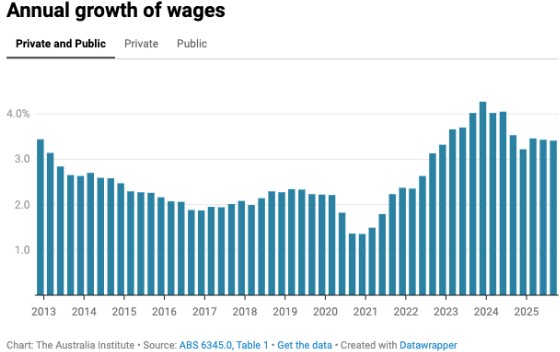The Wrap with Amy Remeikis
You didn’t have to be a political savant to see what was going to happen this week from the moment Sussan Ley decided to open the door to negotiations with Anthony Albanese on the hate group bill almost no one wanted.
One of the first rules of politics is if the other side are knocking on your door asking you to negotiate with them, then what you’re negotiating is only ever going to benefit those knocking.
It was the worst of politics – civil liberties used as bait to hoist the Liberal leader by her own political petard. Ley’s lack of principle, experience and political instinct saw her rush to politicise the antisemitic Bondi attack, demanding a royal commission, for parliament to be recalled and a suite of hate speech legislation to be rushed through. After a united media and political class frenzy, Albanese gave Ley everything she wanted. She was, in every sense, the architect of her own downfall, egged on every step of the way by a rightwing media apparatus that has sent the Coalition backwards for the last two elections.

